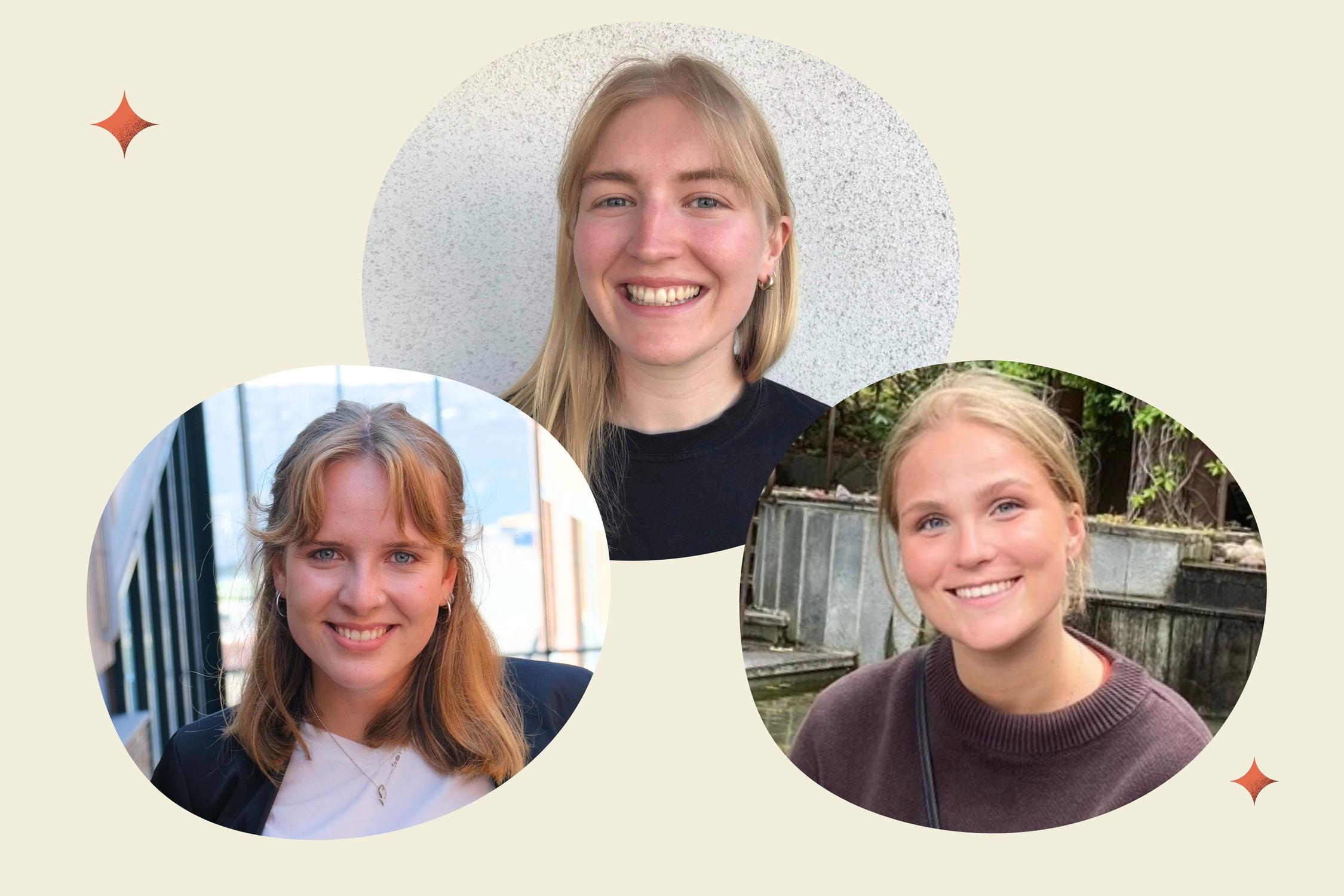Nyhet
Surviving student fees in Zimbabwe

Zimbabwe is a very beautiful country with a literacy rate estimated to over 90 percent. However, this is counting all the people who can simply read and write. This can be directly translated to having completed primary education. As Zimbabwe, we have since taken a big step towards gender equality in the education system, but most Zimbabweans still have a hurdle to face.
I started university in 2012, and I paid about $US 545. The fee was raised to $US 645 during the years I was enrolled as a student, and in my final year, in 2016, I paid $US 720. The excuse is simple: If you are in the Science and Technology Department, like I was, reagents and electrical components are expensive. In essence, each student is buying reagents or electrical components for themselves to be able to be innovative and either pass or fail their studies. What does this entail for contribution into the scientific and technological field as well as our dilapidating economy? We get to perform just enough to sail through.
Student fees in the pockets of top administrators
To explain the allocation of funds in simple terms, the Ministry of Finance is in charge of all revenue collected. It allocates it to the different ministries in, I assume, a way they deem necessary. In 2016, the allocation to the Ministry of Higher and Tertiary, Science and Technology was estimated to be around $US 308million. The issues with this strategy of not involving the students in decisions that affect them results in sometimes misuse of these funds. This is to say, you will find some university top administrators receiving allowances like unnecessarily expensive cars at the expense of growing Institutes infrastructure or even technology.
It has come to a point where a single department (first years through to final year students) only has a single projector to cater for at least three lectures a day. At what expense should great administrators be rewarded for their work?
Of course, misuse of funds cannot be the sole cause of the alleged need in hiking school fees. It could be that the expected funds are much lower than those budgeted for. Nevertheless, the level of privatisation of higher education is sad because not everyone gets to pull through with his or her studies. With a parent or guardian barely making ends meet, students have started to find it hard to finish through their programmes.
Long overdue for a shift
For a four year programme, one is expected to be enrolled at the institute for a minimum of two years. This is followed by a period between six months to a year of industrial attachment (kind of like an internship) in a relevant field and then the final year is with the student back at the institute. Most students have dropped out of college during their industrial attachment. In addition, no, it is not because they are being paid, not even minimum wage or even transport money. As a student on industrial attachment, one is expected to pay full school fees and yet they are not using any of the services at the college. Administration costs cannot surely be equal to someone using Wi-Fi and electricity on campus to say the least. Failure to register while on industrial attachment results in one failing the entire year and having to repeat that year. That means two more years of paying the same exorbitant fees will be added to ones programme just to finish with their programme.
We appreciate the grace period of late registration, but making someone pay at least five dollars a day for two weeks on top of the fees they could not initially pay makes no sense at all. After all, these struggles you graduate and come into the world to find no jobs were one can meaningfully contribute to and build the economy. We can continue to play the blame game, but I think it is long overdue that we (our leaders included) make a conscious decision to give the young people the key to success at no cost or to be fair at an affordable rate.
I propose as one of the first steps to a better education that all the funds being used as allowances to institute board members in colleges should be cut. If these people have our future and the future of our country at heart, they might as well volunteer to do so at no cost. They are after all our role models.
Towards a #Feesdown campaign
The Minister of Higher and Tertiary Education, Prof. J. Moyo talked about re introduction of loans to university students. It is indeed a step in allowing students to access education at institutes of higher and tertiary education where they are expected to pay exorbitant school fees. Indeed the students will have to pay back the money at a later stage which is why Zimbabwe National Students Union (ZINASU) was calling mainly for grants. The current Secretary General of ZINASU, Makomborero Haruzivishe, has voiced his concerns in the fulfilment of this commitment of giving students loans as over 40 000 students have since dropped out of colleges around Zimbabwe to date.
Besides the fact that when the 2017 National Budget was announced there was no mention of these student loans. And now there is unrest and promises of #Feesdown campaign if the government fails to deliver to its mandate as promised to the students of Zimbabwe.

Higher risks for female students
A thought to keep in mind is the impact the continuous increase in school fees mean to the female students. The Secretary for Gender and Human Rights, ZINASU, Carol Gauti, weighs in with the thought that FemHub is a platform for female students who believe in using education as a tool to advocate against violence especially among female students.
Female students are faced with all forms of violence every day of their lives both at school and at home. Female students are at a higher risk of having their rights violated at campus because of their gender. Disabled female students are more prone to negative remarks because of their disabilities.
Therefore, in all spheres where women are represented, there is a need to strive for the full attainment of their safety especially with regard to education. Abuses of female students can be escalated with the hikes in school fees as they try and continue to educate themselves and find relevance in a patriarchal society. Let us save future generations by ensuring that women are safe in learning institutions.
Sources: Youth Budget Makes Cents Volume 2 (YBMC) 2017 National Budget Input by the Youth Empowerment and Transformation Trust (YETT).







